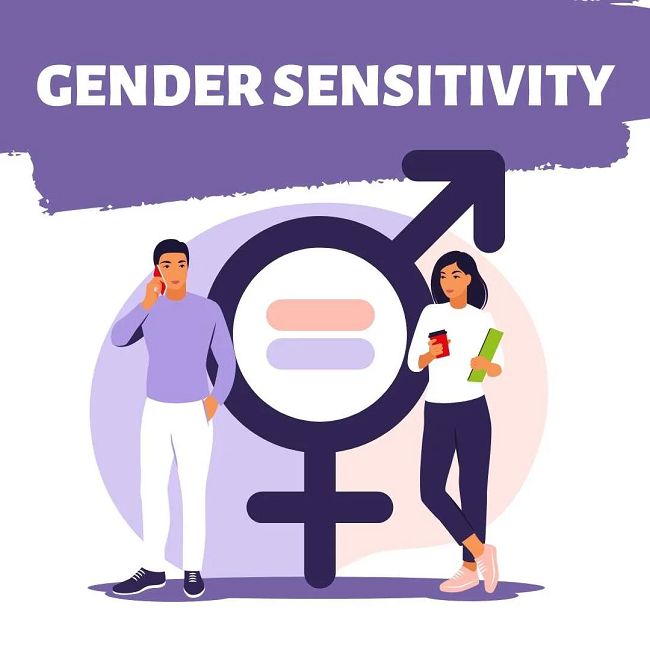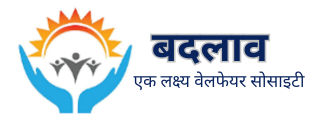
Overview
Overview
Sustainability, social equality and the environment are now business problems & corporate leaders can't depend on governments to solve them.
Inspired by Senge's philosophy, a group of young corporate professionals came together in 2002 to set up Badlav Ak Lakshya Welfare Society to work with grassroots initiatives for effecting positive changes in the lives of underprivileged children, their families and communities.
Badlav Ak Lakshya Welfare Society is an NGO in India directly benefitting over 600,000 children and their families every year, through more than 250 live welfare projects on education, healthcare, livelihood and women empowerment, in over 950 remote villages and slums950 remote villages and slums across 25 states of India.
Education is both the means as well as the end to a better life: the means because it empowers an individual to earn his/her livelihood and the end because it increases one's awareness on a range of issues – from healthcare to appropriate social behaviour to understanding one's rights – and in the process help him/her evolve as a better citizen.
Doubtless, education is the most powerful catalyst for social transformation. But child education cannot be done in isolation. A child will go to school only if the family, particularly the mother, is assured of healthcare and empowered. Moreover, when an elder sibling is relevantly skilled to be employable and begins earning, the journey of empowerment continues beyond the present generation.
Awareness on Gender Sensitisation
Gender sensitization refers to the process of raising awareness and understanding about gender-related issues and promoting a more inclusive and equitable society. It involves challenging and changing existing attitudes, stereotypes, and behaviors that perpetuate gender inequality. The goal is to create an environment where individuals of all genders are treated with respect, dignity, and fairness.
Here are some key points related to awareness on gender sensitization:
Understanding Gender:
Gender is a social construct that encompasses roles, behaviors, expectations, and norms associated with being male or female.
Recognizing that gender identity is not limited to a binary concept (male or female) and can be diverse.
Challenging Stereotypes:
Addressing and debunking stereotypes that reinforce traditional gender roles and limit opportunities for individuals.
Encouraging individuals to question and challenge their own biases and assumptions.
Promoting Equality:
Advocating for equal rights, opportunities, and treatment for people of all genders.
Recognizing that gender equality benefits everyone in society, fostering a more just and harmonious environment.
Preventing Gender-Based Violence:
Raising awareness about the prevalence and impact of gender-based violence.
Encouraging bystander intervention and supporting survivors of gender-based violence.
Education and Training:
Integrating gender sensitization into educational curricula to promote awareness from an early age.
Providing training for professionals in various fields to foster a more inclusive and respectful workplace.


